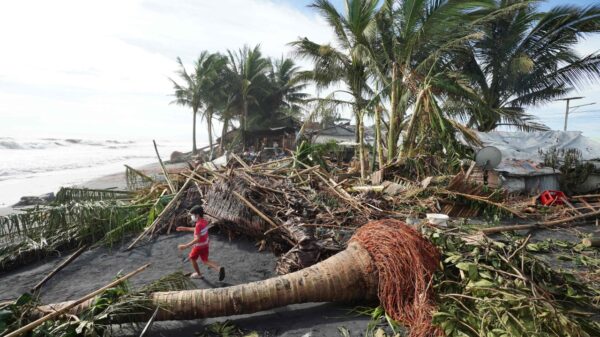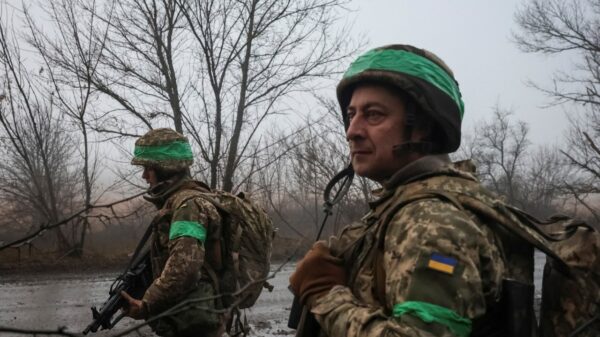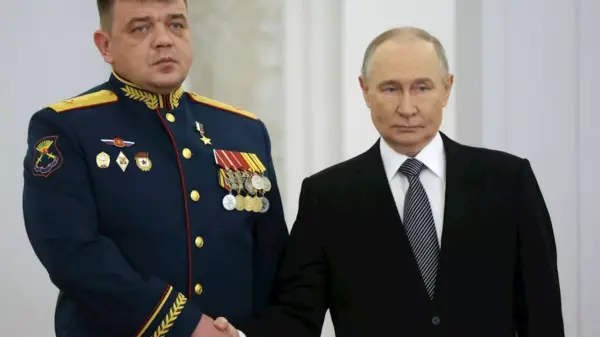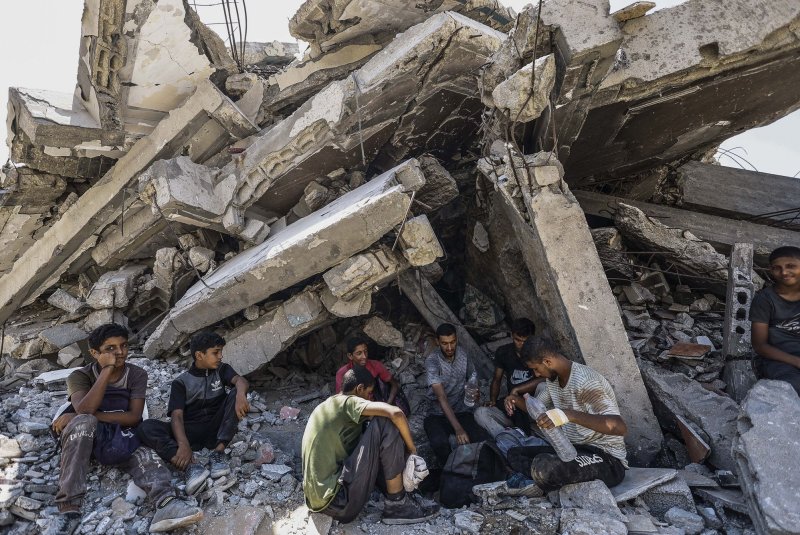Israeli forces have intensified their aerial assault on Gaza City, resulting in the deaths of at least 12 people and extensive damage to infrastructure, according to Palestinian authorities. The airstrikes, which began on August 13, 2023, targeted residential districts including Zeitoun and Sabra for the third consecutive day, leading to what the Hamas-run Gaza civil defense agency described as “massive damage to civilian homes.”
The fatalities occurred early Wednesday morning when an airstrike hit a house in the eastern part of the city. Medical sources reported that the overall death toll across the Gaza Strip has reached 39, with 19 individuals reportedly killed while seeking humanitarian assistance.
International Response to Humanitarian Crisis
As violence escalates, the foreign ministers of the United Kingdom, Japan, Canada, Australia, and Switzerland joined the European Union in condemning the use of lethal force at humanitarian aid distribution sites. They called for urgent action to address the worsening humanitarian crisis, which they described as a famine “unfolding before our eyes” in Gaza.
The ministers issued a statement urging the Israeli government to allow unhindered access for international non-governmental organizations (NGOs) and to facilitate essential humanitarian shipments. They emphasized the need for immediate and concrete measures to ensure safe, large-scale access for the United Nations and other humanitarian partners.
“We need a cease-fire that can end the war, for hostages to be released, and aid to enter Gaza by land unhindered,” the statement read. The foreign ministers demanded that all crossings and routes be opened to enable a “flood of aid” into Gaza, which includes vital supplies such as food, clean water, and medical equipment.
Israeli Military Strategy and Humanitarian Claims
The Israeli government has attributed the humanitarian crisis to both the United Nations and Hamas. Officials accuse the UN of failing to distribute aid effectively and allege that Hamas diverts supplies to fund its military operations.
On the military front, the Israel Defense Forces (IDF) have declared the commencement of a new phase in their operations. Lt. Gen. Eyal Zamir, chief of staff of the IDF, announced that the military will focus on seizing control of remaining Hamas strongholds, including Gaza City. This shift comes after Israeli Prime Minister Benjamin Netanyahu approved a more aggressive strategy aimed at defeating Hamas.
Zamir had previously expressed concerns about the exhaustion of IDF forces and questioned the feasibility of using military force alone to secure the release of hostages. He had advocated for a more incremental approach, which involved laying siege to Gaza City. However, this strategy was ultimately dismissed as less effective for achieving the overarching goal of incapacitating Hamas.
The situation in Gaza continues to unfold amid increasing violence and international calls for action to alleviate the humanitarian crisis. As military operations escalate, the impact on civilian populations remains a critical concern for humanitarian organizations and international observers.








































































